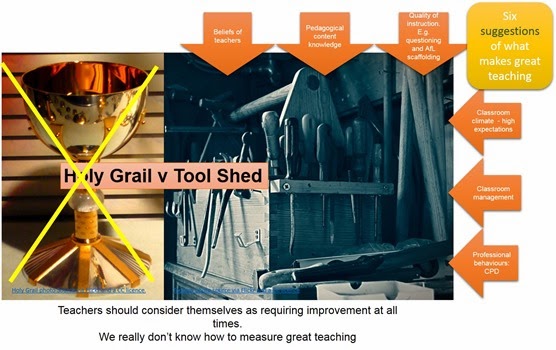I’ve been an Assistant Headteacher now for 18 months and it’s time to start sharing some of the stuff I’ve been up to.
My job is varied. Part of it is Pupil Premium Champion, trying to ensure the progress of disadvantaged children is accelerated so that they do at least as well as those from more advantageous backgrounds. This is a mission and a half, but I believe that there is no magic bullet. I’m planning on sharing some of what I’ve been exploring over the past 18 months in an attempt to reflect and share what works and what hasn’t. I believe in high quality teaching and learning from lesson one of Year 7. I believe that this can only be achieved through allowing staff freedom to adapt their teaching within structures of accountability. For this to work, the progress of Pupil Premium Students are the responsibility of every adult involved with education.
In order to support the small scale stuff and open a line of communication between myself and all staff, I created a referral form using Google Docs. This is easy to find for staff and its aim is to provide funding based around the aims of my policy:
- Support academic achievement, focused on progress and not attainment and reflecting that pupil premium students are a mixed ability set of learners.
- Attendance and punctuality support
- Enrichment and providing opportunities and experiences that would normally be out of reach.
I believe that the people who best know the barriers are teachers and that there is no one size fits all solution. The form includes:
- The students targeted.
- The proposed support and cost.
- The impact and who will be responsible for proving the impact.
- Timescale
Ideas have ranged from providing new school shoes and bus fare to table tennis lessons and extra catch up support for controlled assessments and everything in between. This is still a developing concept, but so far so good.

Comments
Post a Comment